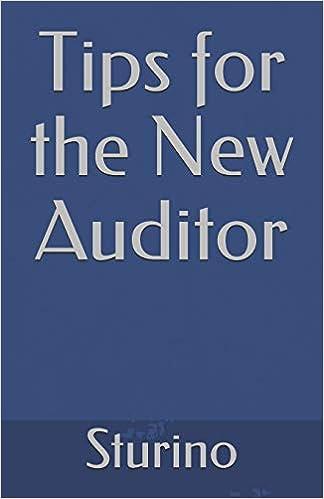The pasta maker segment reported a traditional income statement last year. Pasta Maker Segment Income Statement Year Ended December 31, 2020 Sales $1,000,000 Cost of goods sold Direct materials $200,000 Direct labor 50,000 Manufacturing overhead 320.000 570,000 Gross margin 430,000 Selling and administrative expenses Variable Selling expenses 40,000 Fixed Selling expenses 180,000 Total administrative expenses 120,000 340.000 Net operating income $90,000 My colleagues and KPMG have identified five activity cost pools and decided the distribution of overhead costs (manufacturing and nonmanufacturing) across the five pools below: Purchase Design Customer Segment Activity Cost Pools Machining orders alterations relations sustaining Total Manufacturing overhead 30% 10% 40% 0% 20% 100% Fixed selling expenses 0% 25% 30% 35% 10% 100% Total administrative expenses 25% 0% 0% 30% 45% 100% Information on the costs associated with the three activity cost pools can found in the traditional income statement reported on the previous page. Model-specific data: Standard Advanced Total $600,000 $400,000 $1,000,000 Sales Direct costs Direct materials Direct labor Variable selling expenses Units sold Unit selling price Machine hours per unit 125,000 30,000 25,000 5,000 $120 0.4 MH 75,000 20,000 15,000 2,000 $200 0.6 MH 200,000 50,000 40,000 Data from the activity-based costing system: Activity cost pool Activity measure Machining number of machine hours Purchase orders number of purchase orders Design alterations Number of design alterations Customer relations Number of customers Segment sustaining Not applicable Expected activity Standard Advanced Total 2,000 1,2003,200 300 500 0 400 400 20 80 100 200 2. (20 Points) Calculate total gross margin for each of the two models, Standard and Advanced, separately using the traditional costing system, where manufacturing overhead is applied at a rate of $100 per machine hour. The amount of gross margin should be on a total basis and on a per-unit basis using the following template for guidance: Standard SSS Advanced $$$ Sales Cost of goods sold Direct materials Direct labor Manufacturing overhead Gross margin Average gross margin per unit $$$ $$$ $$$ $$$ SSS SSS SSS SSS SSS SSS SSS SSS 3. (10 Points) Please make a chart showing the calculation of total cost allocated to each of the five activity cost pools under the activity-based costing system. 4. (10 Points) Please make a chart showing the calculation of the four activity rates under the activity based costing system. 5. (20 Points) Calculate product margin for the two models, Standard and Advanced, separately using the activity-based costing system. The amount of product margin should be on a total basis and on a per-unit basis using the following template for guidance: Standard SSS Advanced SSS SSS SSS Sales Activity-based costs Direct materials Direct labor Variable selling expense Machining Purchase orders Design alterations Product margin Average product margin per unit SSS $$$ SSS SSS SSS SSS SSS $$$ SSS SSS SSS SSS $$$









